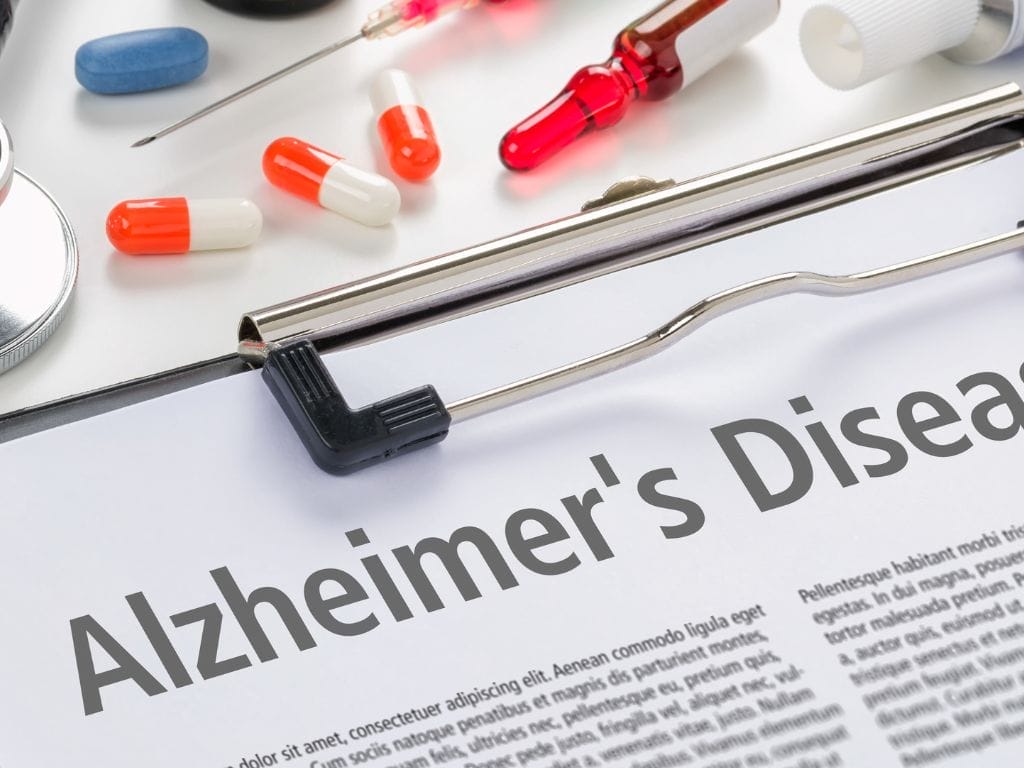10 Facts about Alzheimer’s disease All Singaporeans Should Know
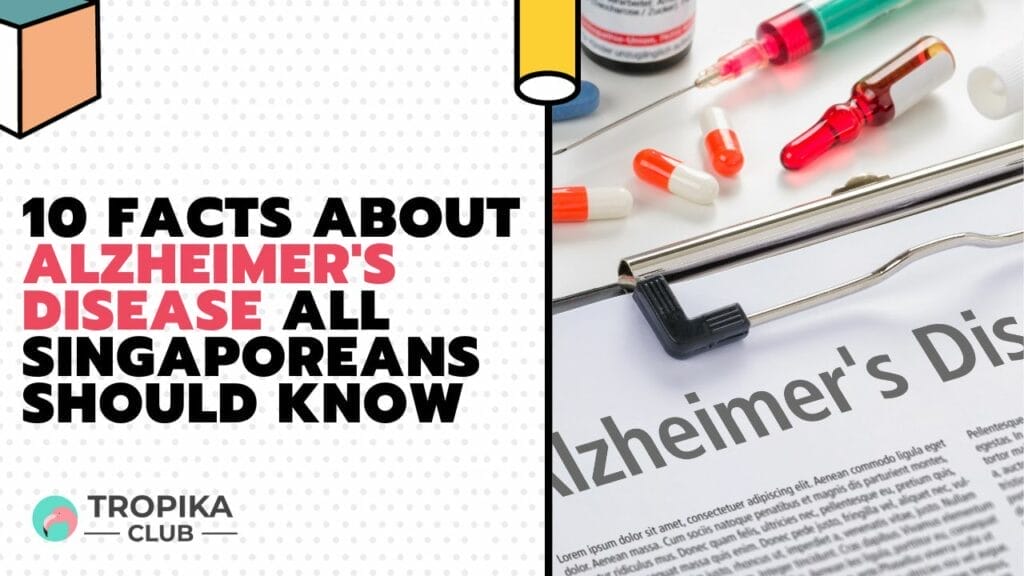
No Time to Read? Here’s a Snappy Summary of This Article
- Silent Threat Among Seniors: Alzheimer’s disease quietly affects many Singaporeans, and awareness is essential for early intervention.
- Unpredictable Memory Loss: Alzheimer’s early signs may be subtle, like forgotten keys, but can lead to severe memory decline.
- Lifestyle Matters: Singaporeans can reduce Alzheimer’s risk through brain-boosting activities, a balanced diet, and social connections.
- Local Support Networks: Singapore offers Alzheimer’s patients and caregivers vital resources, from support groups to specialized care.
- Ongoing Research: Singapore is actively involved in Alzheimer’s research, striving for early detection and innovative treatments.
- Join the Fight: Singaporeans can make a difference by supporting Alzheimer’s awareness and engaging in local initiatives.
Table of Contents
- No Time to Read? Here’s a Snappy Summary of This Article
- 1. What is Alzheimer’s Disease?
- 2. Early Symptoms
- 3. Risk Factors
- 4. Diagnosis
- 5. Treatment Options
- 6. Caregiver Support
- 7. Prevention Strategies
- 8. Economic Impact in Singapore
- 9. Future Research
- 10. The Importance of Early Intervention
- Conclusion
- Meanwhile, Check Out Tropika Club’s Ecosystem of Websites
Introduction
Alzheimer’s disease is a growing concern not just globally but also in Singapore. With an aging population, the number of cases is expected to rise, making it crucial for Singaporeans to be well-informed about this neurodegenerative disorder. This article aims to shed light on 10 key aspects of Alzheimer’s disease, from its early signs to the latest treatment options.
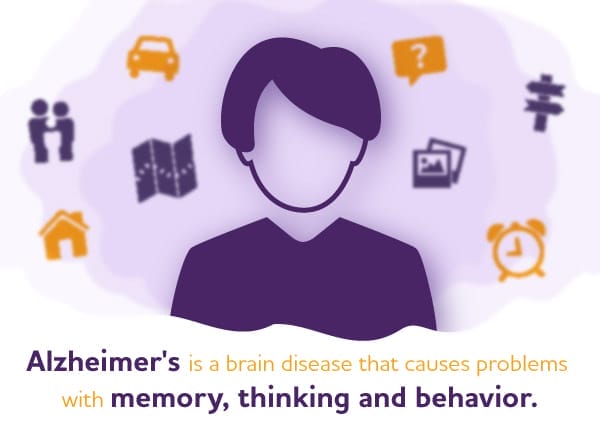
1. What is Alzheimer’s Disease?
Alzheimer’s disease is a progressive neurological disorder that affects memory, thinking, and behavior. It is the most common form of dementia, accounting for 60-80% of cases. The disease primarily affects individuals over the age of 65, although early-onset Alzheimer’s can occur much earlier. Understanding its mechanisms is vital for early diagnosis and effective management.
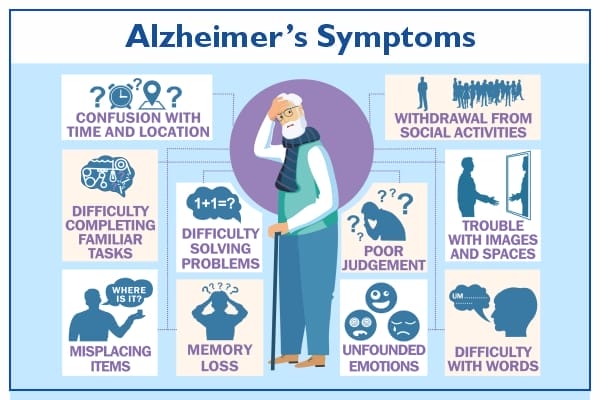
2. Early Symptoms
The early symptoms of Alzheimer’s often go unnoticed because they mimic typical age-related changes. These include forgetfulness, misplacing items, and difficulty in completing familiar tasks. However, as the disease progresses, these symptoms become more severe and start affecting daily life. Being aware of these early signs is crucial for timely intervention.
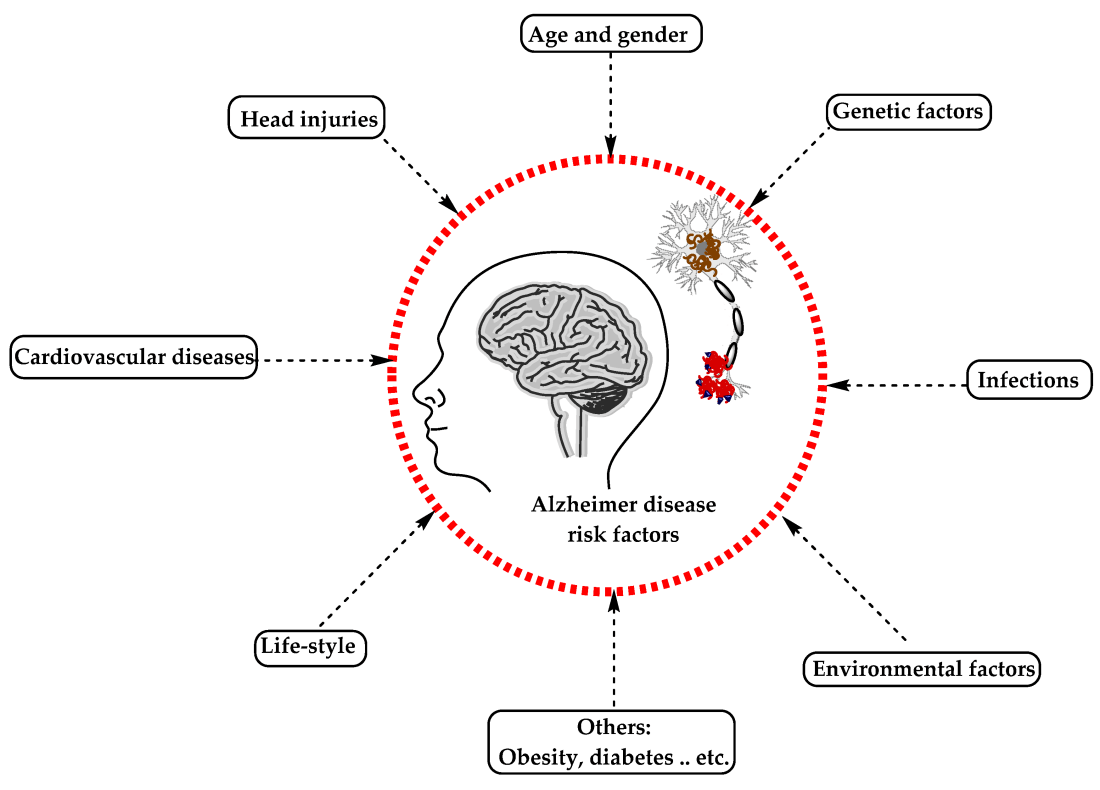
3. Risk Factors
Several risk factors contribute to the development of Alzheimer’s disease. Age is the most significant, but genetics, lifestyle, and even environmental factors can play a role. For instance, a sedentary lifestyle and poor diet can increase the risk. Knowing these factors can help in taking preventive measures.
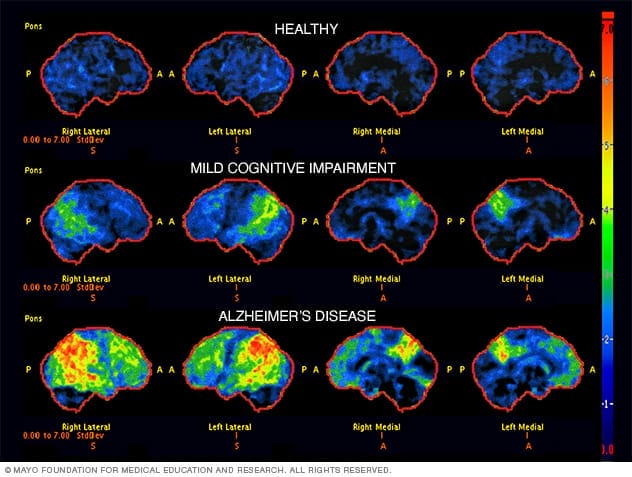
4. Diagnosis
Diagnosis of Alzheimer’s involves a comprehensive medical evaluation, including neurological exams and mental status tests. Imaging tests like MRI and PET scans may also be used. Early diagnosis is crucial for better management of the disease and can provide the patient and family more time to plan for the future.
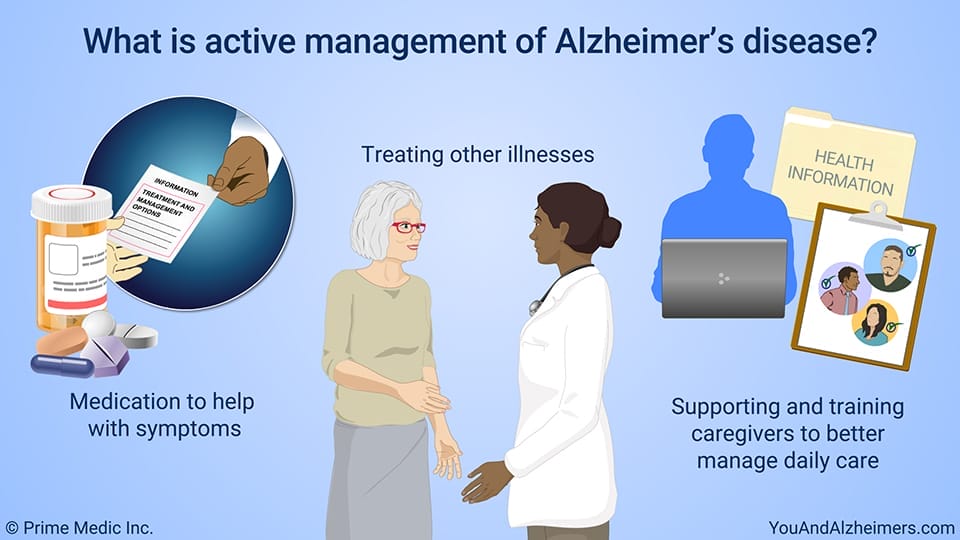
5. Treatment Options
While there is no cure for Alzheimer’s, various treatment options can help manage symptoms. Medications like cholinesterase inhibitors and memantine are commonly used. Non-drug therapies such as cognitive behavioral therapy can also be effective. It’s essential to consult healthcare professionals for a tailored treatment plan.

6. Caregiver Support
Caregiving for an Alzheimer’s patient can be emotionally and physically draining. Support groups and respite care services are available to help caregivers cope. In Singapore, organizations like the Alzheimer’s Disease Association offer resources and training to assist caregivers in this challenging journey.
_
Read Also:
6 Things Everyone Gets Wrong About Cats
_
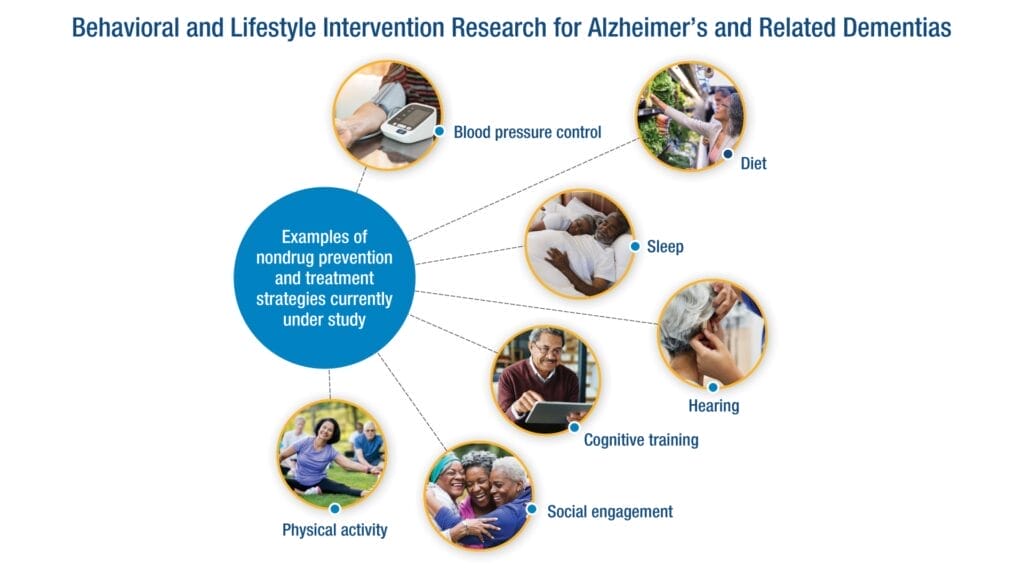
7. Prevention Strategies
Although there’s no surefire way to prevent Alzheimer’s, certain lifestyle changes can reduce the risk. A balanced diet, regular exercise, and mental stimulation are key. Studies have shown that a healthy lifestyle can delay the onset of symptoms, providing more quality years to the individual.

8. Economic Impact in Singapore
The rising number of Alzheimer’s cases poses an economic challenge for Singapore. The costs of long-term care and medical treatments are significant. Public health initiatives are crucial to address this issue and provide affordable care options for the aging population.
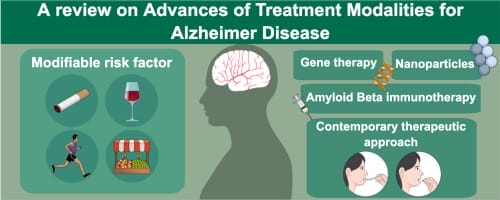
9. Future Research
Ongoing research aims to find a cure for Alzheimer’s and improve existing treatments. Clinical trials and studies are exploring various avenues, from gene therapy to novel medications. Participation in such research can contribute to a better understanding of the disease and hopefully lead to a cure.
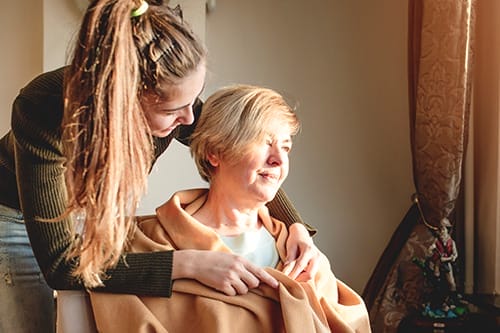
10. The Importance of Early Intervention
Early intervention in Alzheimer’s disease can make a significant difference in managing symptoms and improving the quality of life for both patients and caregivers. While there is currently no cure for Alzheimer’s, early diagnosis allows for timely treatment that can slow down the progression of the disease. It also provides an opportunity for the patient and their family to make important life decisions, such as legal and financial planning, while the patient is still cognitively able to participate. In Singapore, where the healthcare system is advanced but can be costly, early planning can be especially beneficial. Therefore, recognizing the early signs and seeking medical advice promptly is crucial for effective management of Alzheimer’s disease.
Conclusion
Alzheimer’s disease is a complex and challenging condition that requires a multi-faceted approach for management and care. Being informed is the first step in facing this disease effectively. As the number of cases continues to rise in Singapore, awareness and education become increasingly important. Let’s equip ourselves with the knowledge to tackle Alzheimer’s and support those who are affected.

Frequently Asked Questions (FAQ)
Q: What is Alzheimer’s disease, and how prevalent is it in Singapore?
A: Alzheimer’s is a neurodegenerative disease affecting memory. It’s a growing concern in Singapore with an aging population.
Q: Are there early signs of Alzheimer’s to watch for in loved ones?
A: Yes, common signs include memory loss, disorientation, and changes in behavior, which should prompt further evaluation.
Q: How can Singaporeans reduce the risk of Alzheimer’s disease?
A: Lifestyle factors like a healthy diet, mental stimulation, and social engagement may help lower the risk.
Q: Is there support available for Alzheimer’s patients and caregivers in Singapore?
A: Yes, Singapore offers resources, support groups, and specialized care services for Alzheimer’s patients and their caregivers.
Q: What is the latest research and treatment for Alzheimer’s in Singapore?
A: Ongoing research in Singapore explores early detection and innovative treatment options, but no cure exists yet.
Q: How can I contribute to Alzheimer’s awareness and support in Singapore?
A: You can get involved through donations, volunteering, or participating in Alzheimer’s awareness events in Singapore.

Have an Article to Suggest?
Tropika Club is always looking for new and exciting content to feature in their magazine and they value the input of our readers. If you have any noteworthy content or articles that you believe would be a great addition to Tropika Club’s magazine, we are open to suggestions and encourage you to reach out to us via email at [email protected]. By doing so, Tropika Club values your expertise and knowledge in the matter and appreciates your willingness to help. We will review your recommendations and update our list accordingly
Meanwhile, Check Out Tropika Club’s Ecosystem of Websites
Tropika Club Magazine – Tropika Club Magazine is a Singapore-based publication that features articles on a wide range of topics with a focus on local businesses and content for the region. The magazine emphasizes supporting local businesses through its #SupportLocal initiative, which includes coverage of everything from neighborhood hawker stalls to aesthetic clinics in town. In addition to highlighting local businesses, Tropika Club Magazine also covers a variety of local content, including beauty, lifestyle, places, eats, and what’s on in Singapore and the Asia Pacific region.



